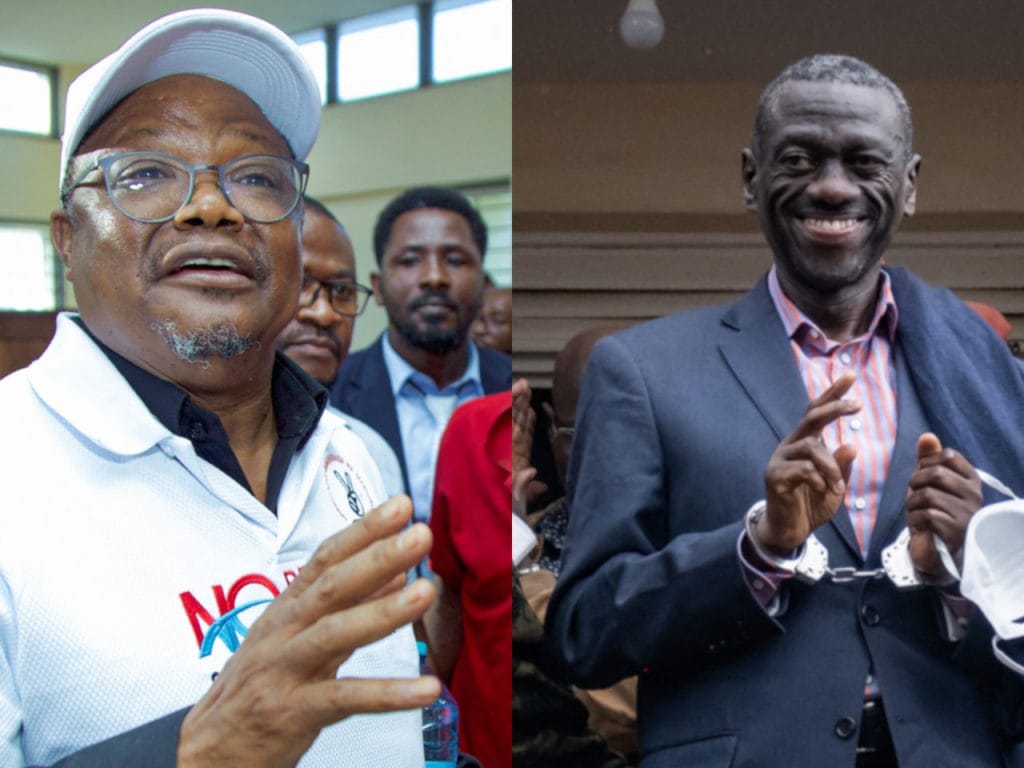In East Africa, democratic freedoms appear increasingly fragile as opposition politicians and human rights activists across Tanzania and Uganda face mounting persecution, unlawful detentions, and torture, raising alarm among civil society groups and international observers.
In Tanzania, opposition leader Tundu Lissu, a key figure in the Chadema party, remains in detention under charges of treason and cybercrime-related offenses. His arrest, linked to his public campaign for electoral reforms, was followed by Chadema’s disqualification from the upcoming October 2025 general elections. The government has since intensified its clampdown on dissent, including media blackouts, arbitrary arrests, and enforced disappearances. One Chadema official was recently abducted and killed.
Foreign legal observers and rights advocates, including Kenya’s former Justice Minister Martha Karua and ex-Chief Justice Willy Mutunga, were deported in May after attempting to attend Lissu’s trial. Others, such as Kenyan activist Boniface Mwangi and Uganda’s Agather Atuhaire, faced severe abuse while in custody. Atuhaire has publicly detailed acts of sexual assault, torture, and threats of rape during her detention, describing the experience as more brutal than anything she has endured in Uganda.
Tanzanian President Samia Suluhu responded with a stern warning against what she described as foreign interference, insisting that outsiders should not meddle in the country’s internal affairs.
Across the border in Uganda, opposition figure Dr. Kizza Besigye has similarly been charged with treason after his controversial rendition from Kenya in 2024 — a move human rights lawyers say bypassed proper extradition procedures. The arrest of 36 Ugandan opposition members from Kenya has further fueled concerns about growing regional cooperation in silencing dissent.
The recent passage of the Uganda People’s Defence Forces Amendment Bill 2025, which expands military courts’ authority to try civilians, has drawn sharp criticism from legal experts and the United Nations. The bill contravenes a recent Supreme Court ruling and is viewed by many as an attempt to suppress political rivals ahead of Uganda’s 2026 elections.
Opposition parties and activists, including Bobi Wine’s National Unity Platform (NUP), have faced increasing intimidation. Wine’s bodyguard, Eddie Mutwe, was publicly assaulted by Chief of Defence Forces General Muhoozi Kainerugaba, who later mocked the incident on social media. Despite international condemnation, Uganda’s government has continued to justify its heavy-handed tactics by invoking national security.
Critics argue that East Africa is witnessing a dangerous retreat from democratic norms, with regional leaders opting for repression over dialogue. As calls grow for accountability and international intervention, civil society groups warn that the cost of silence may be the collapse of civic space across the region.



